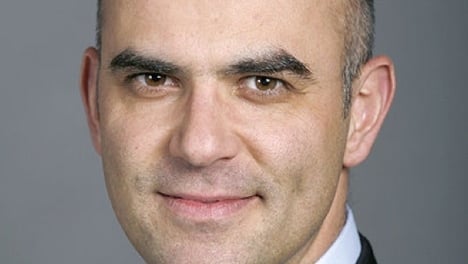The rise means Swiss residents paying the obligatory health insurance will next year fork out on average 411.80 francs a month on a 300 franc deductible, 15.70 francs a month more than this year.
The average rise is significantly higher than in recent years, with premiums rising no more than 2.2 percent in each of the previous three years.
In 2014 premiums rose by 2.2 percent, and in 2013 by 1.5 percent.
The announcement comes ahead of a referendum this Sunday in which the Swiss public will vote on the establishment of a single national health insurer instead of the present private system which counts around 90 separate insurers.
Media commentators had suggested that a high increase in premiums could push more people towards voting yes to the proposal.
Reacting to today’s figures, the committee for the yes campaign said in a statement that the increase effectively means “a 500 franc hole in the budget of each family,” reported newspaper Tribune de Genève.
Federal councillor Stéphane Rossini, who supports the campaign, said “Health insurers are simply no longer managing premiums rises.
“The system has deteriorated year after year, and it’s gone far enough. Put an end to the explosion in prices and vote yes on Sunday to a national health insurer.”
Next year’s increases are not uniform across the country. Bern is the least affected, with an average 2.7 percent rise, while tariffs in Nidwald are set to rise by 6.8 percent, though the canton had one of the cheapest average premiums in the country in 2014.
For most cantons the rise is between 3.5 and 4.5 percent.
“Costs are rising and will continue to rise,” Berset told the press, citing the country’s ageing population as a cause.
Why the rise is the highest in four years is “difficult to say,” he said.
The government has various measures in place to ensure that private insurers set their prices in line with costs, meaning they can neither excessively inflate or decrease their premiums.
While the cost of around 1,000 medicines has gone down, some unbranded products are 50 percent more expensive in Switzerland than in other European countries, so there is “still progress to be made,” said Berset.
Commenting on the variation between cantons, Pascal Strupler, head of the federal public health office, told the conference that premiums in rural areas are less expensive than in cities as people in the countryside visit the doctor less frequently.



 Please whitelist us to continue reading.
Please whitelist us to continue reading.
Member comments